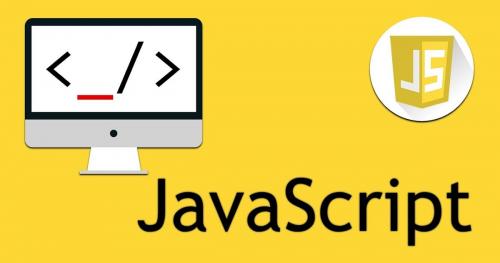10 Common JavaScript Interview Questions and Answers

Q: What is JavaScript? A: JavaScript is a high-level programming language used for creating interactive web pages and web applications.
Q: What are the data types in JavaScript? A: JavaScript has six primitive data types: number, string, boolean, null, undefined, and symbol (new in ECMAScript 6), and one complex data type: object.
Q: What is the difference between null and undefined in JavaScript? A: Null is a value that represents nothing, whereas undefined is a value that represents the absence of a value.
Q: What is a closure in JavaScript? A: A closure is a function that has access to variables in its outer function scope, even after the outer function has returned.
Q: What is the difference between == and === in JavaScript? A: The == operator checks for value equality, whereas the === operator checks for both value and type equality.
Q: What is hoisting in JavaScript? A: Hoisting is a mechanism in JavaScript where variable and function declarations are moved to the top of their respective scopes before code execution.
Q: What is the difference between let and var in JavaScript? A: The main difference between let and var is that let has block scope, while var has function scope.
Q: What are higher-order functions in JavaScript? A: Higher-order functions are functions that take other functions as arguments or return functions as values.
Q: What is the purpose of the ‘use strict’ directive in JavaScript? A: The ‘use strict’ directive is used to enforce stricter parsing and error handling in JavaScript code, making it easier to write secure and robust code.
Q: What is the difference between synchronous and asynchronous programming in JavaScript? A: Synchronous programming executes code in a sequential order, while asynchronous programming executes code non-sequentially, allowing for more responsive and efficient code.
In conclusion, being well-prepared for a JavaScript interview is crucial to land your dream job or advance your career. By familiarizing yourself with these common JavaScript interview questions and their answers, you can improve your chances of success. Remember, it's not just about memorizing answers but also understanding the concepts behind them. Practice coding and keep learning to stay updated with the latest developments in the language. Good luck with your interview!
Post Your Ad Here

Comments